11 Celebrity Scandals That Shocked Everyone — But No One Talks About Anymore
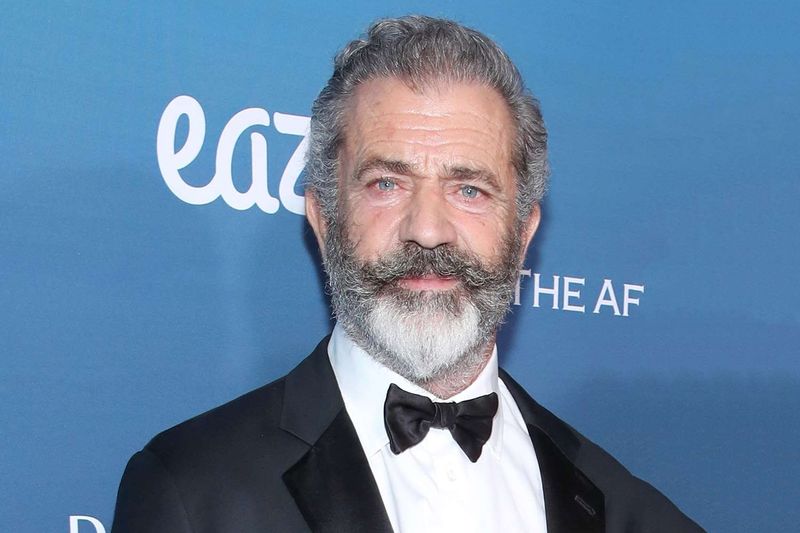
Fame moves fast, but scandal moves faster—and then disappears like a headline in the rain. These were the stories that stopped dinner conversations, nuked reputations, and clogged every tab for weeks.
Now? They’re half-remembered whispers buried under fresher chaos. Let’s rewind the tape and revisit 12 celebrity scandals that once ruled the world—and somehow slipped from our collective memory.
1. Winona Ryder’s Shoplifting Arrest (2001)
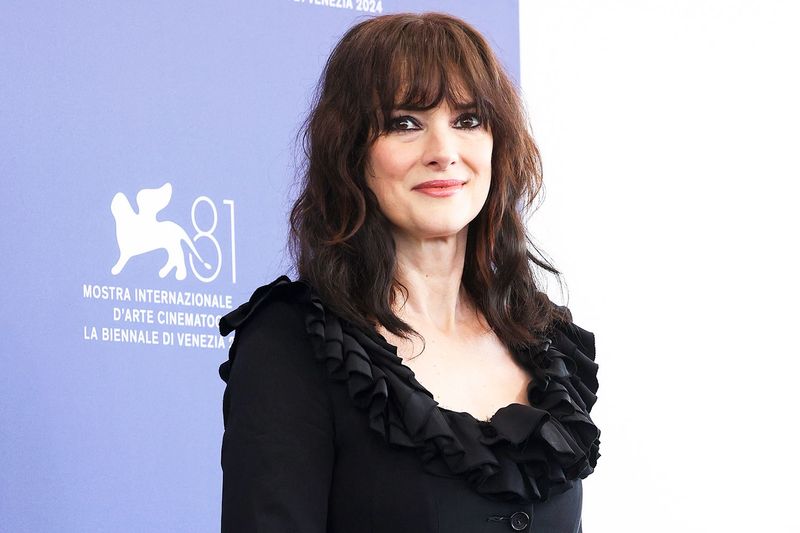
Before her comeback era, Winona Ryder took a detour through scandal when security cameras caught her pocketing high-end merchandise at Saks Fifth Avenue. The shock wasn’t just the theft—it was the dollar amount, the court case, and the image of a beloved indie darling in a courtroom.
Hollywood turned cold, brands backed away, and scripts stopped landing. Yet in the strange math of celebrity, time and talent recalibrated the narrative.
Fans argued she was over-punished, tethering the story to broader conversations about mental health and pressure. The tabloid frenzy simmered down as the early-2000s churned out fresh drama. Years later, Stranger Things revived her star power, reframing the episode as a bruising chapter rather than a final act. It’s a case study in pop culture amnesia.
Ultimately, the incident feels like a relic: infamous then, footnote now. Hollywood loves a redemption arc.
2. Hugh Grant and the Sex Scandal (1995)
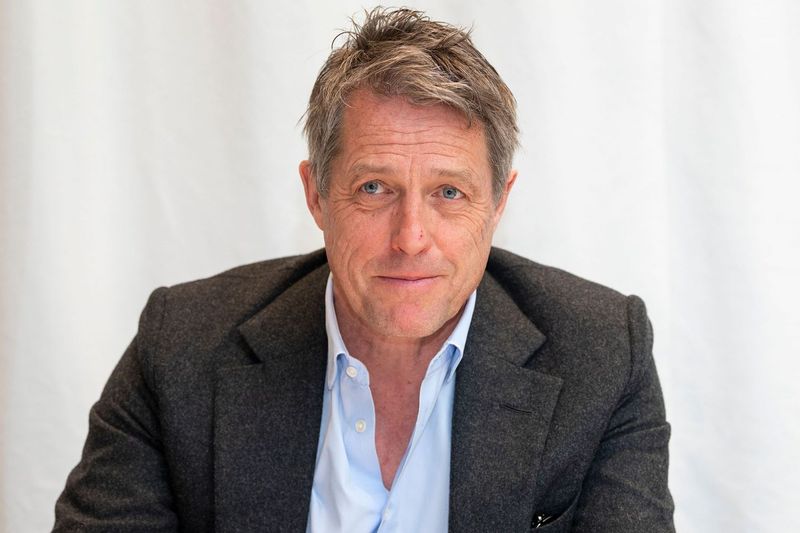
British charm met late-night headlines when Hugh Grant was arrested with sex worker Divine Brown on Sunset Boulevard. The incident exploded globally, partly because he was dating Elizabeth Hurley, then at the height of supernova glamour.
His contrite TV apology tour became a masterclass in reputation triage, turning mortification into memeable humility before memes were a thing. Surprisingly, box office receipts forgave him faster than the tabloids did.
What lingers is the paradox: a career that somehow grew after a public implosion. It sparked debates about celebrity morality versus marketability, and who gets second chances. Hurley’s Versace safety-pin dress stayed iconic, while the scandal drifted into late-night monologue history. By the time Notting Hill arrived, the narrative felt rewritten.
Today, it plays like a pre-social-media scandal prototype. The apology, the resilience, the reboot—classic Hollywood crisis choreography.
3. Janet Jackson’s Super Bowl “Wardrobe Malfunction” (2004)
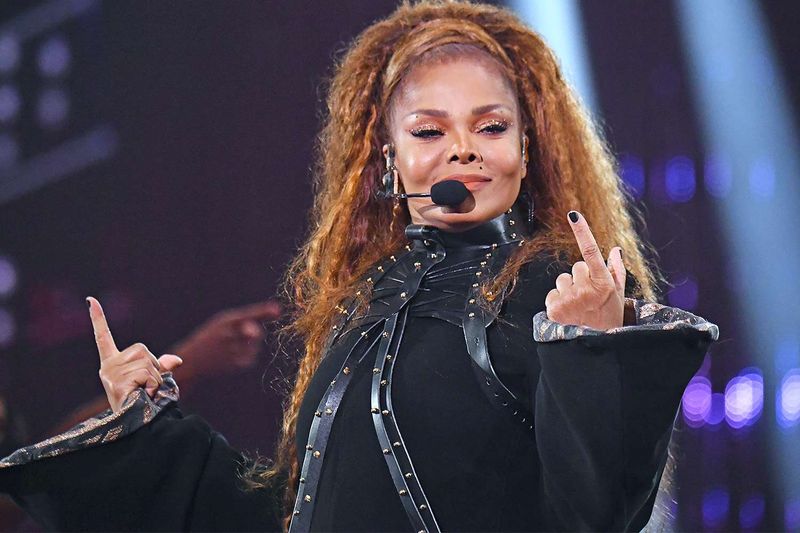
In thirteen chaotic seconds, a halftime show detonated a national firestorm. Justin Timberlake tore at Janet Jackson’s costume, exposing her breast on live TV, and the fallout landed almost entirely on her.
Fines, blacklisting whispers, and radio freezes followed—an asymmetry that would age poorly. Years later, cultural reappraisals reframed Janet as the one unfairly punished, while Timberlake’s career largely soared.
The incident shaped broadcast standards and sparked one of the earliest internet-era pile-ons. It also foreshadowed our evolving conversations about blame, misogyny, and race in media scandals. The NFL’s image control hardened, and the FCC flexed. Then, as happens, the news cycle moved on.
Now, the halftime fiasco is a case study in reflexive outrage. History has been kinder to Janet, but the bruise—visible and invisible—lingers in entertainment’s memory.
4. Tiger Woods’ Infidelity Scandal (2009)
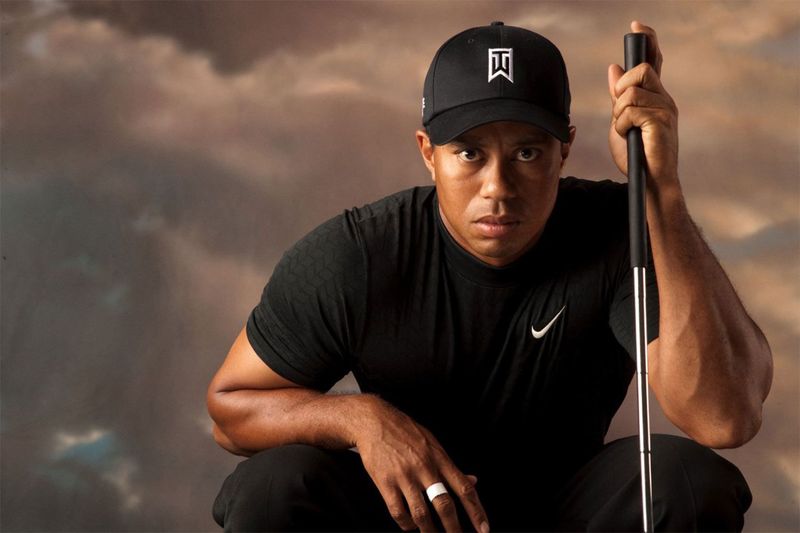
The crash near his Florida home cracked open more than an SUV door. In its wake came the unraveling: voicemails, tabloid exclusives, a parade of alleged affairs. Sponsors backed away, golf pundits gasped, and Tiger’s meticulously curated image toppled like a leaderboard collapse. The most dominant athlete on earth suddenly looked painfully human.
Rehab, mea culpas, and a hiatus followed, marking a public reckoning that bled into his swing and psyche. Yet the arc bent toward redemption with a Masters win years later, a victory that felt like a cinematic epilogue. Audiences refiled the scandal as prologue to resilience. The brand didn’t return intact, but it returned.
Time smoothed the edges, as it so often does. Now, it’s less a headline than a chapter in a sprawling, complicated legacy—glory, failure, and grit.
5. Paula Deen’s Racism Controversy (2013)
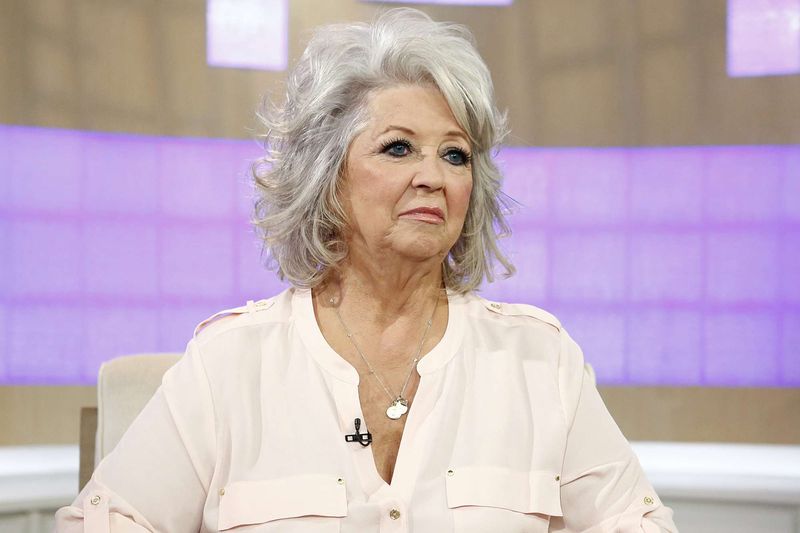
A leaked deposition set the stove ablaze faster than any butter-laden recipe. Paula Deen admitted to using racial slurs, and the confession torched partnerships, TV slots, and cookbook deals. The industry pivoted from cozy kitchens to crisis statements overnight. What followed were tearful apologies, canceled projects, and a fierce debate over accountability versus punishment.
Food world fans split: some argued for growth and forgiveness; others saw a pattern exposed. Brands read the cultural temperature and stepped back. The controversy dominated summer headlines, then was swept aside by newer storms. Yet it left a lasting aftertaste about who gets to profit from “down-home” aesthetics.
Today, the saga feels like a turning point in culinary celebrity culture. It reshaped appetites for authenticity and consequences—proof that what’s said off-camera can toast a career.
6. Rob Lowe’s Sex Tape Scandal (1988)
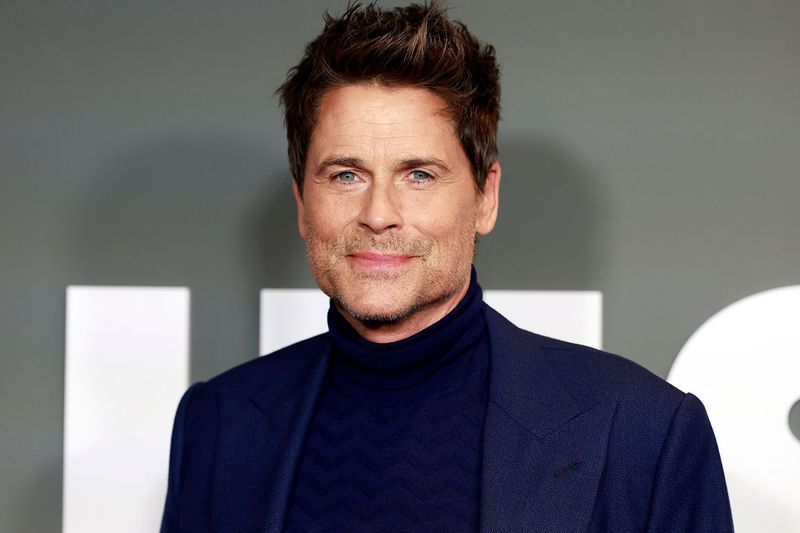
Decades before cloud leaks, a grainy VHS nearly vaporized a rising star. Rob Lowe’s sex tape—infamous for its timing before the 1988 Democratic National Convention—became one of Hollywood’s earliest video scandals. The ensuing uproar blurred legal, moral, and privacy lines, while late-night comedians gorged on punchlines. Career prospects dimmed, and a cautionary tale was born.
Yet reinvention arrived with TV comedies and scene-stealing turns that reframed him as self-aware and unflappable. In hindsight, the scandal reads like analog-era chaos: tabloids wielding fax machines, prosecutors parsing tape provenance, and public curiosity outpacing discretion. The footage became lore rather than a permanent stain.
Modern audiences barely recall the specifics, only the archetype. Lowe’s pivot to television proved that timing—and a wink—can outlast almost any VHS headline.
7. Michael Jackson’s Pepsi Commercial Accident (1984)
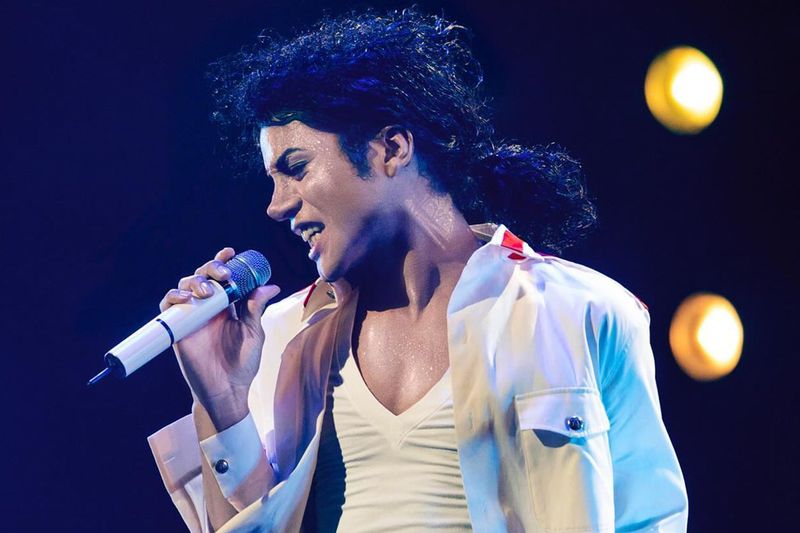
Pyrotechnics misfired during a Pepsi shoot, and Michael Jackson’s hair ignited in a terrifying burst. The burns were serious; the recovery, prolonged. Behind the scenes, pain management reportedly deepened into addiction—an early domino in a complex life narrative. Amid his later controversies, this accident became a lesser-known preface to struggle.
Pepsi settled, the footage circulated, and fans watched in horror as a megastar became vulnerable onscreen. The incident marked a haunting crossroads: spectacle meeting real danger. It also underscored the risks artists take for ever-bigger moments. As the decades stacked, the clip slipped behind more polarizing headlines.
Today, it’s a sobering reminder beneath the glitter. The images of sparks, smoke, and panic still flicker through pop history—an origin point for pain that rarely makes the highlight reel.
8. Kristen Stewart’s Cheating Scandal (2012)
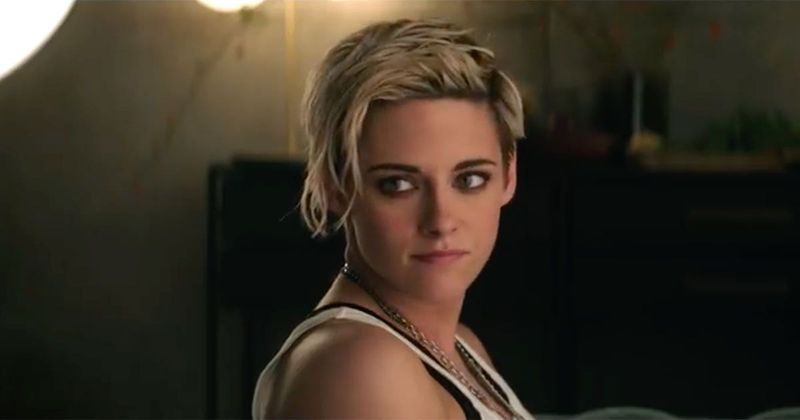
The internet combusted when paparazzi photos linked Kristen Stewart to her married Snow White director. Twilight fandom experienced a collective meltdown, and every glance, hoodie, and public apology turned into decoding fodder. Robert Pattinson became heartbreak’s poster boy, while Stewart faced the harsher share of vitriol. Hollywood’s double standards took center stage, even as the memes multiplied.
Career-wise, she pivoted indie, earning critical praise and crafting a quieter, sharper trajectory. The scandal eventually shrank into a timestamp of early-2010s stan culture and surveillance-level gossip. Social media weaponized magnification, but it also accelerated amnesia. New cycles buried old wounds.
Looking back, it reads like a cyber-age morality play. Love, power, and paparazzi lenses—everyone learned how fast a narrative can crash, and how quickly it can be replaced.
9. Richard Gere’s “Gerbil” Urban Legend (1990s)
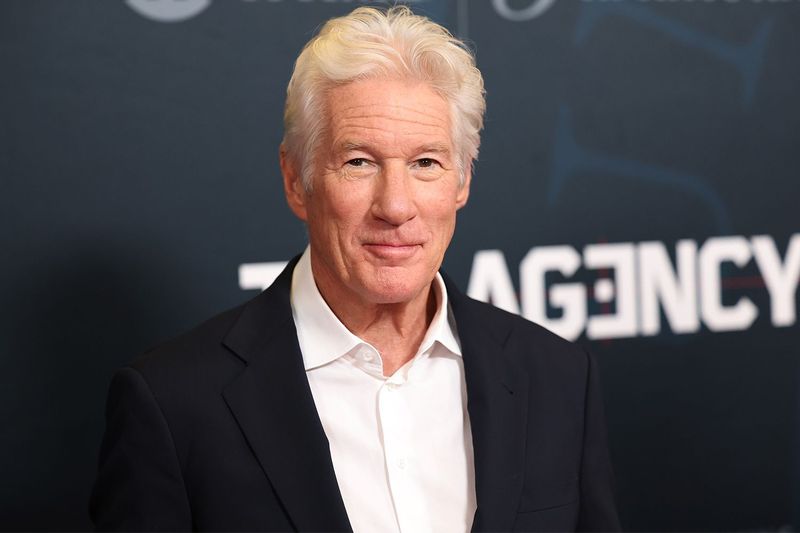
Few rumors traveled faster through school hallways than the absurd, unfounded Richard Gere “gerbil” story. It never had evidence, yet it metastasized into a meme before memes had platforms. Late-night jokes kept it alive, even as it embarrassed a respected actor. The saga reveals how an outrageous lie can outmuscle truth when it’s entertaining enough.
The rumor’s persistence says more about pop culture’s appetite for shock than about Gere himself. Despite denials, it became an albatross at interviews and public events. Over time, he outlasted it with consistent work and activism. Eventually, the joke felt stale, and the myth faded into trivia.
It’s a cautionary tale about reputational graffiti: easy to spray, hard to scrub. In hindsight, the whole thing reads like mass gullibility dressed as humor.
10. Alec Baldwin’s Voicemail to His Daughter (2007)
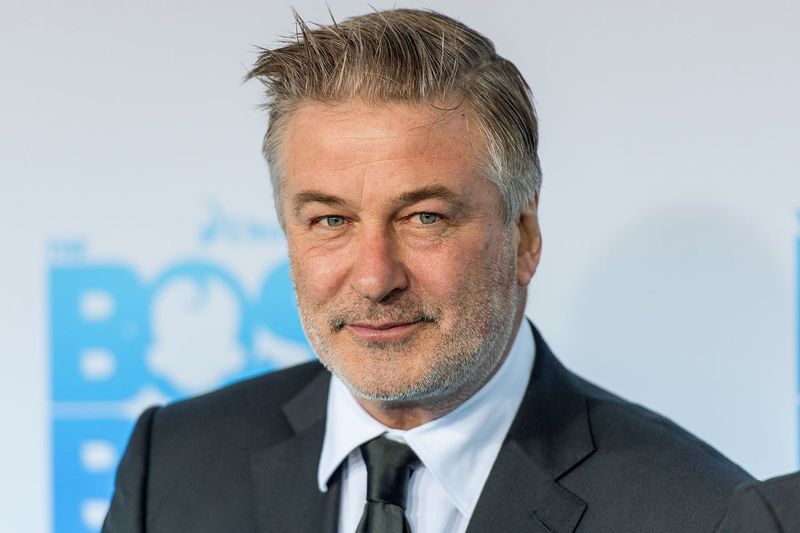
A leaked voicemail revealed Alec Baldwin calling his young daughter a “rude, thoughtless little pig,” and the public recoil was instant. Family drama became national content, underscoring how custody battles and celebrity frictions turn into clickbait. The audio looped across news shows, branding him volatile and cruel. PR damage control smoldered for months.
Career momentum didn’t disappear, but the image dent persisted until comedic turns and time diluted the sting. The incident opened conversations about parental anger, privacy, and exploitation of minors in media narratives. We heard one moment and decided it was the whole man. Then we moved on to the next outrage.
Today, the clip is a relic of early viral culture. It lingers as a caution flag about recording, context, and how a bad minute can become your biography.
11. Mel Gibson’s Drunken Anti-Semitic Rant (2006)
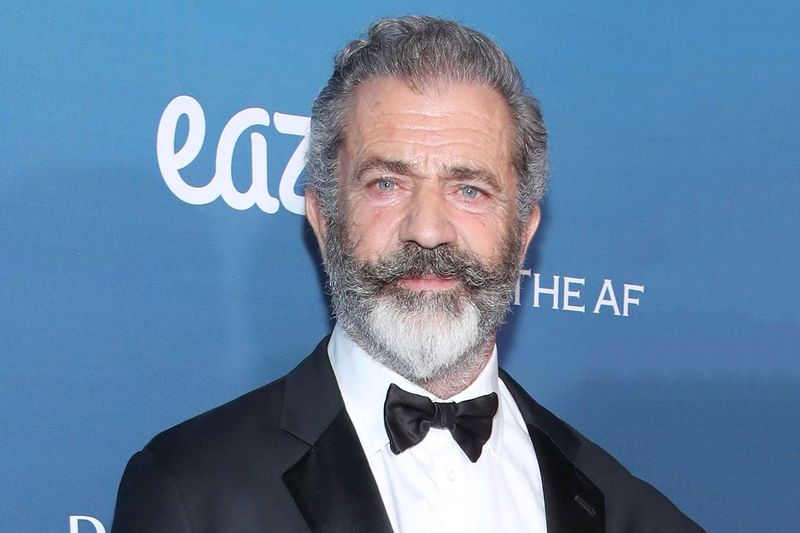
A DUI stop devolved into a vile, anti-Semitic tirade that scorched Mel Gibson’s public standing. The arrest report quotes became infamous, and Hollywood’s doors slammed shut with audible force. Apologies followed, along with discussions about addiction, prejudice, and accountability. For years, his career existed in a liminal exile.
Gradual reentry arrived through smaller projects and eventually a directing renaissance, but the stain never fully lifted. The scandal lives as shorthand for how fast goodwill can vanish, and how conditional comebacks can be. It’s also a marker in the industry’s evolving tolerance thresholds. Every new project revives the debate.
Now, the episode sits between art and ethics, discomfort and forgiveness. The echoes persist, even if the headlines don’t. Some scandals fade; others keep asking hard questions.

Comments
Loading…